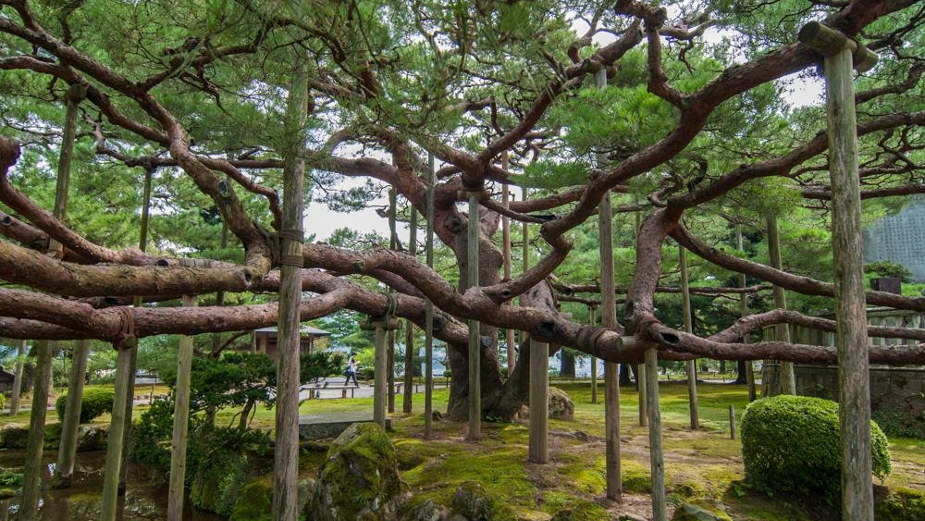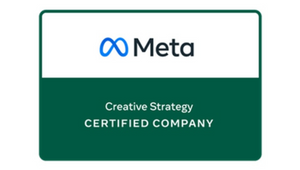
Human Truths One Year Later: Lessons for Love in a Time of Coronavirus

Photo Source: https://chipango.wordpress.com/2014/02/16/matsu-%E6%9D%BE-japans-pine-trees-picture-book/
Over the course of the last year, we have been tracking the impact of the pandemic on universal human truths. We know that people across Europe and the UK have been considering what truly matters, with nearly half of Europeans saying that they believe that the world will forever be changed by the pandemic. In our ongoing series, ‘Human Truths in a Time of Coronavirus’, we have explored how people around the world have reassessed the fundamental human truths and how brands, businesses, and organisations can respond in a meaningful way.
As we enter the second year of the pandemic and search for a path to renewal, we have invited thought leaders from diverse sectors and areas of expertise from across Europe and the UK to reflect on what they have changed their mind about when it comes to each of these truths. In this sixth and final instalment of a six-part series, we have asked our contributors to reflect on what they have changed their mind about when it comes to the human truth of love.
There is little doubt that at the outset of the global pandemic, panic, confusion, and fear were outsized in the collective experience. One-third of Europeans said their greatest concern was that their loved ones would die (32% Europe; 38% Spain). For many, this became a tragic reality. For some, the consequence was a greater sense of loneliness, with one out of five Europeans saying that they felt more isolated as a result. Truly, human bonds were under the greatest duress.
As the loss of human life became ever more apparent during protracted lockdowns, people across the region dug into their infinite resources of care, mutual aid, and love. When asked what brands and businesses could do, people across Europe told us that the best thing they could is to look after their employees (49% Europe; 70% UK). Further, Europeans deprioritised their personal freedoms in efforts to protect others by following the rules (72%).
On a personal level, large numbers of people took the opportunity to reflect on who really matters in their lives (38% Europe; 52% UK). Nearly one out of eight Europeans started a new relationship during the course of the last year (16%), while one in ten were married (16% in Russia). And for others, existing relationships were strengthened, with one in three saying that they feel closer to family and friends (36% Italy and Turkey).
In this instalment, our contributors reflect on the lessons that they have learned when it comes to the human truth of love. Their reflections demonstrate how the pandemic has provided the opportunity to renew commitments to acts of care, compassion, and intimacy. Certainly, the counterpoint to love is hate, but even here, our contributors are optimistic about the potential for love to reign. Ultimately, they demonstrate how the singular event of the pandemic has inspired them to look forward to a more generous, collaborative and compassionate future.
Stop and ask: are you truly OK?
FAWN HUDGENS: “We can really broaden it to its widest sense in terms of self-care. More than ever, we're talking about really taking care of ourselves and in all forms: physical, mental, and emotional. The ability to have a conversation about mental health now is so different than it was 14 months ago. It has gone so mainstream which is really a positive thing because more people than ever, especially with lockdown, are now suffering from this. It has really opened up a national and maybe even a global dialogue about what it means to take care of each other and ask: ‘are you really OK?’ That's something that we didn't do enough of before. Also, being really vulnerable to say I'm not okay and I need some help. I need someone to come help care for me or check in on me or love me a little bit more. On the biggest scale possible, I think it's been positive. I can see how that shift has manifested itself in other corners of my life: giving permission to myself to do things I might not have done two years ago, to try new things, and let down walls.”
Cheerlead for one another no matter where you are.
RAY SHAUGHNESSY: “There is no doubt that the pandemic created a softness and new levels of really trying to understand other people’s lives. My family are Irish so every year we would go back to Ireland and the small village mentality just used to drive me absolutely mental. I loved being enveloped in a big city where I was anonymous. Honestly, I cannot tell you how Wandsworth has transformed over the last year. You can feel it. Before it used to feel like a thoroughfare. It now feels like a community. A little food stall popped up and then lots of food stalls popped up. A group of men from the local mosque turn up every Saturday and they have a stall which is literally just promoting love and acceptance and that they need people to understand that that is the message that they are bringing from their community. This has just been the most incredible thing. People can talk about those feelings and feel more engaged in their own lives and all the communities that they were part of but didn't necessarily participate in. I think it's given us access to all of those things and you can just feel it. You can just feel people being very supportive of other people. Cheerleading other human beings on all of the levels is the thing that I love in my work and I suppose maybe it's the thing now that I'm beginning to love more in even just the place that I live.”
Learn to care about one another’s struggles for collective advancement.
DR. EDDIE BRUCE-JONES: “This last year has been quite divisive. I think those divisions are going to be hard to cure. But for those that didn't divide, people have come closer together and some of those bonds can be lasting. I don't know if I would characterise that care as a long term or stable thing. We could just as quickly be divided and fractured by the next new thing, whether it's a pandemic or whatever else. There's lots of ways that people are now divided differently. The UK being divided from Europe. I feel like the pandemic has now made that so much more tangible than Brexit. In the US, the Republican and Democrats split is severe. There's also the split between those who are right-wing Trump supporters versus the moderate Republicans versus the conservative Democrats; these orbits of people who think along political lines as opposed to in terms of one another’s stories with empathy. I'm optimistic though. I'm not optimistic in terms of radical change in the short term, but in terms of some people’s openness. Some people who were on the fence about how open or empathetic they would choose to be toward others have come down on the side of really being open and trying as hard as they can to be self-critical. LGBT and Trans people have helped a lot in that sense and of course Black Lives Matter. It’s been about connecting all these different struggles, related or not related to the pandemic, in explicit or implicit ways. It shows people can think across categories if they are given reason to. Just saying ‘care about other people’ is not enough. It's more about understanding how we are all in this together and there are ways to care about one another’s struggles so that we can all advance.”
Keep the care for strangers moving forward.
NICKY BULLARD: “What do I think changed? I think there has been a beautiful thing which is around love between strangers. I don't mean a rise in people downloading dating apps. I mean around care. Around caring for the neighbours who you may have nodded to over the years. Suddenly you know their name and about their lives. You know what they eat because you're going shopping for them even if that's the intimate things as well. The love of care workers for people they don't know. We know that has always been there but just the love they've shown to people who are passing who can't be with their families. On behalf of those families and what that will mean to those families in what must be the most heart-breaking scenario of all. And love of that institution which is the NHS and how much we clap them and then realise that they don't want us to celebrate them or call them heroes, they just want to be paid a decent amount. There's been so much love it's been amazing, moving and incredible and we've got to keep that going. I think we will.”
Remember that love is one of the world’s few infinite resources.
JEREMY BONNEY: “I always thought ‘oh, I'm waiting to find someone who loves me enough and you know I haven't met that person’. I realised actually I've been waiting to love myself enough. It's got to start with me. I didn't think I really believed that I was worthy enough to be loved. With the best things in life, the more you gave the more you get. Money, land, status, power are all finite resources. But love, intimacy, kindness, and compassion those things are infinite. The more you give, the more you get. You don't even do it with the expectation of reciprocity but just the act of giving it is a way of experiencing love. I notice that in the smallest of interactions: smiles on the street, taking time to give someone else space or someone else to go fast. Human beings are wired for cooperation and collaboration and love and compassion. Sometimes we just kind of lose our way. We do the easy thing - getting angry or arguing with someone, those things are like sugar for the soul. It feels good in the moment but in long term it's going to kill us.”
About the Authors and Contributors:
Jeremy Bonney, Community Lead, Sphere
Dr. Eddie Bruce-Jones, Deputy Dean, School of Law, Birkbeck, University of London
Nicky Bullard, Chairwoman MRM Europe & Chief Creative Officer, MRM UK
Dr. Rodney Collins, PhD, SVP, Director, McCann Worldgroup Truth Central
Fawn Hudgens, Global Event and Content Leader
Ray Shaughnessy, Executive Creative Director, McCann London
Harjot Singh, Global Chief Strategy Officer, McCann












